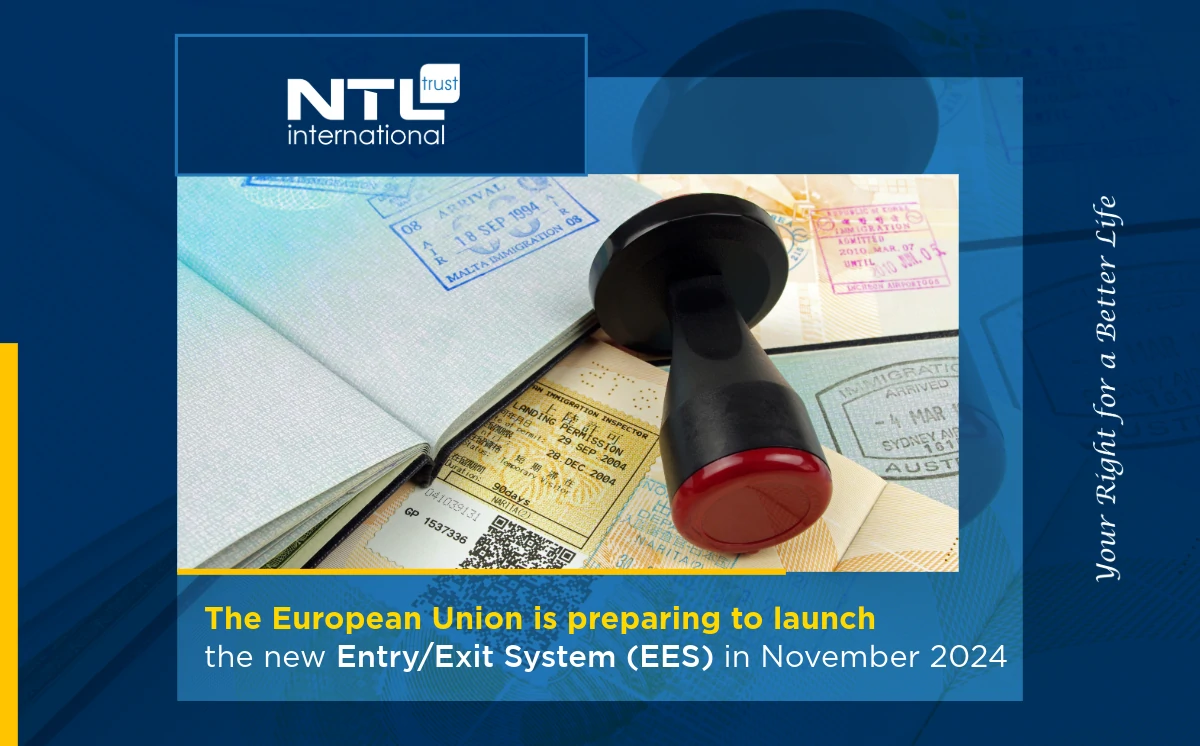
The EU plans to implement the Entry/Exit System (EES) for non-EU citizens starting November 10, 2024. This digital system will replace traditional passport stamps, with travelers’ data recorded electronically upon entering or leaving the Schengen Area. The EES aims to ensure visitors stay within the allowed 90-day stay within 180 days.
The EES will start in November:
Travelers will need to provide fingerprint and facial biometric data during their first entry. Subsequent crossings will be easier, requiring only a passport scan at a self-service kiosk to verify identity. Travelers will also need to register online for free before traveling to the EU.
However, concerns have been raised about potential travel delays due to the new system (EES). The European Commission has proposed a gradual and flexible implementation to reduce waiting times.
This change coincides with the expected launch of the European Travel Information and Authorization System (ETIAS) in 2025, which will require visitors from 60 visa-exempt countries to obtain an entry permit for a fee of €7, valid for three years.
With these changes ( EES), passport stamps may become a thing of the past, raising questions about the loss of personal touch in travel as we move further into the digital age.
Türkiye Wealth Fund inks $5B MoU with China’s Sinosure
Sino-Turkish relations prove their strength, despite the turmoil in the world caused by the Corona pandemic.
Highlights on Ankara Agreement (ECAA)
(ECAA) is the European Community Association Agreement or what is known as the Ankara Agreement between the Republic of Turkey and the European Economic Community for paving the way towards Turkey’s accession to it.
Do you know that the Commonwealth includes a third of the world?
Commonwealth Day is celebrated annually across 5 continents in Africa, Asia, the Caribbean, the Americas, the Pacific and Europe. Members of the British royal family are accustomed to attending the annual Mass. The Queen receives a speech broadcast worldwide and witnesses activities such as science marches, street parties, dancing, parades, discussions and festive activities.
Albania is Close to EU Membership
The European Commission said that Albania and Northern Macedonia have made sufficient progress, allowing them to be positioned as the official “candidate” in European Union membership bids
Turkish Citizenship Certificate Delay & Changes in the Processing!
The Civil Registration and Citizenship Department of Istanbul Province announced today the temporary suspension of receiving any reviews from investors who recently acquired Turkish citizenship and wish to obtain the citizenship certificate.





